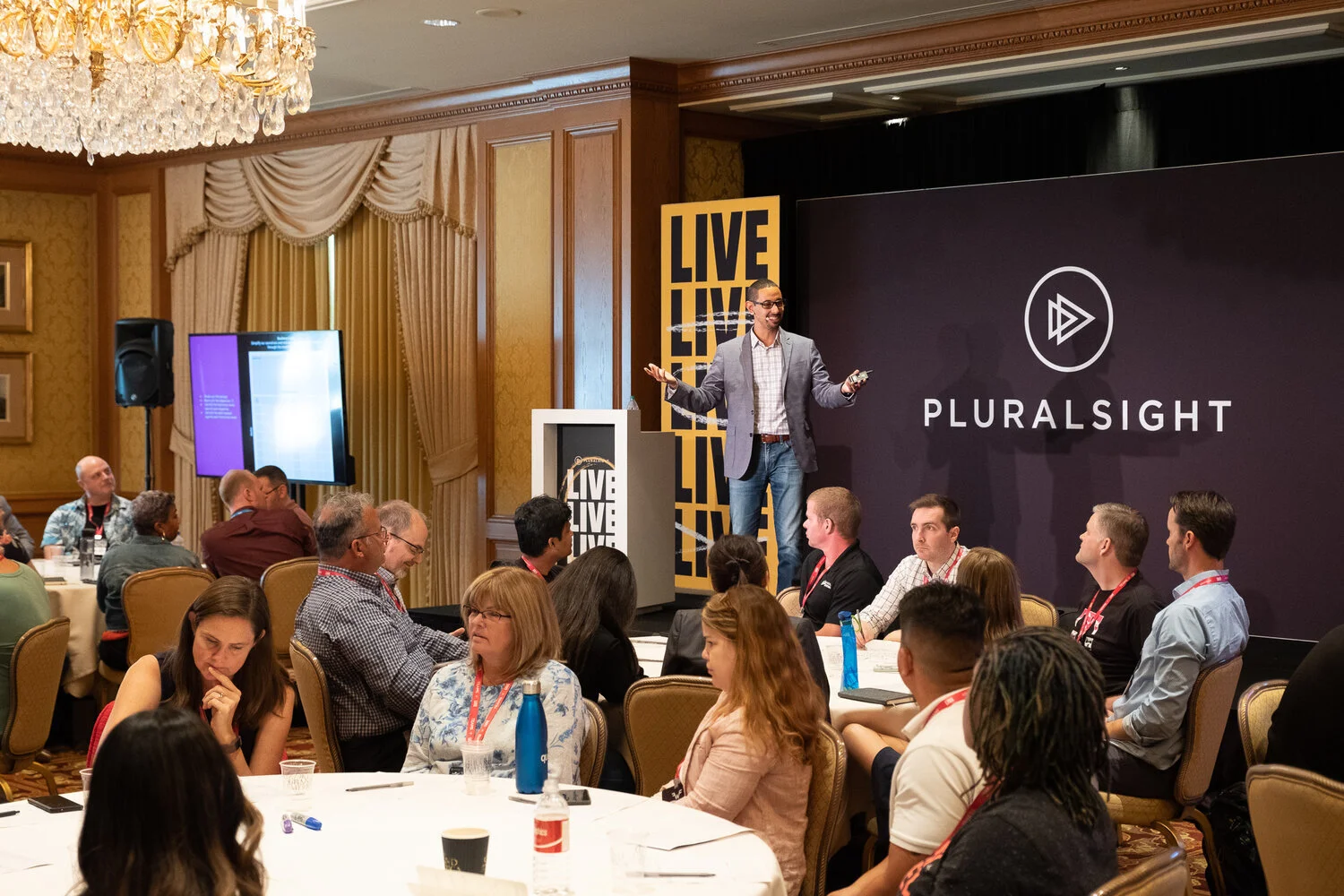Pitfalls seen when transitioning from professional services to sales engineering
/Recently, I was interviewing a candidate that has a professional services background and during the Q&A portion of the interview, the candidate asked me one question that helped inspire me to write this blog post. The questions was “what do I need to work on to make the transition into sales engineering?”. I have worked with sales engineers that has come from a professional services background and I have seen a few areas that tends to be hard for them to make the leap into the role. Here are the three biggest barrier to leap over:
Shifting the Mindset
Professional Services focus on implementing the product for a customer and therefore, they look at every detail of the product and the best way to implement it for a customer. Essentially the professional services roll is more black and white centering on if the product either has a feature or does not. This works great in this role as the goal is to ensure best practices are being leveraged and the product is being used as designed. However, the flip side to this is that it doesn’t allow you to be creative to design solutions that are ‘out of the box’. In other words, what I see often is the ability to be creative in aligning the product to a vision (even if the product is stretch from it’s normal capability). In my very first blog post, “what does a sales engineer actually do?”, I wrote that part of a sales engineer job is vision painting when positioning the product to customers.
Focusing on Big Picture
Candidates with implementation services are always concerned with the details of “how” the product will be implemented. Again, nothing wrong with being detail oriented but as a sales engineer, focusing/worrying too much about the details can derail opportunity and even back you into a corner with a client. A habit that I have seen happen often, is during Q&A with a customer, professional service teams tend to be very detailed in their answer. Often times this leads to the customer being confused or worse, having a perception that the product is too complex for their needs. Those that have made the leap successfully into sales engineering will practice on giving more open ended answers that allow for creativity with product application. Sounds easy? It’s not for some.
Being Prescriptive
This one is around taking ownership on leading the customer to the right outcome. As a professional services consultant, you give information and best practices on ways to implement the product but the choice is ultimately the client’s to make. This makes sense as they are the one paying for the services. However, as a sales engineer, you aren’t giving information to the customer and leaving the choice for them to make, instead you are advising them on the best way to leverage the product and often making the decisions on their behalf based on what you know will be best for them. One of the biggest differences between sales engineering and professional services is in sales engineering the customer is evaluating the product for the first time so you are seen as the subject matter expert and therefore can dictate a lot more to the customer with regards on how to move forward.
If you have a professional services background and are thinking of moving into a sales engineer role, think about these traits needed above in sales engineering and ask yourself can you make the transition? Also if you have other traits that you have seen, let me know!








